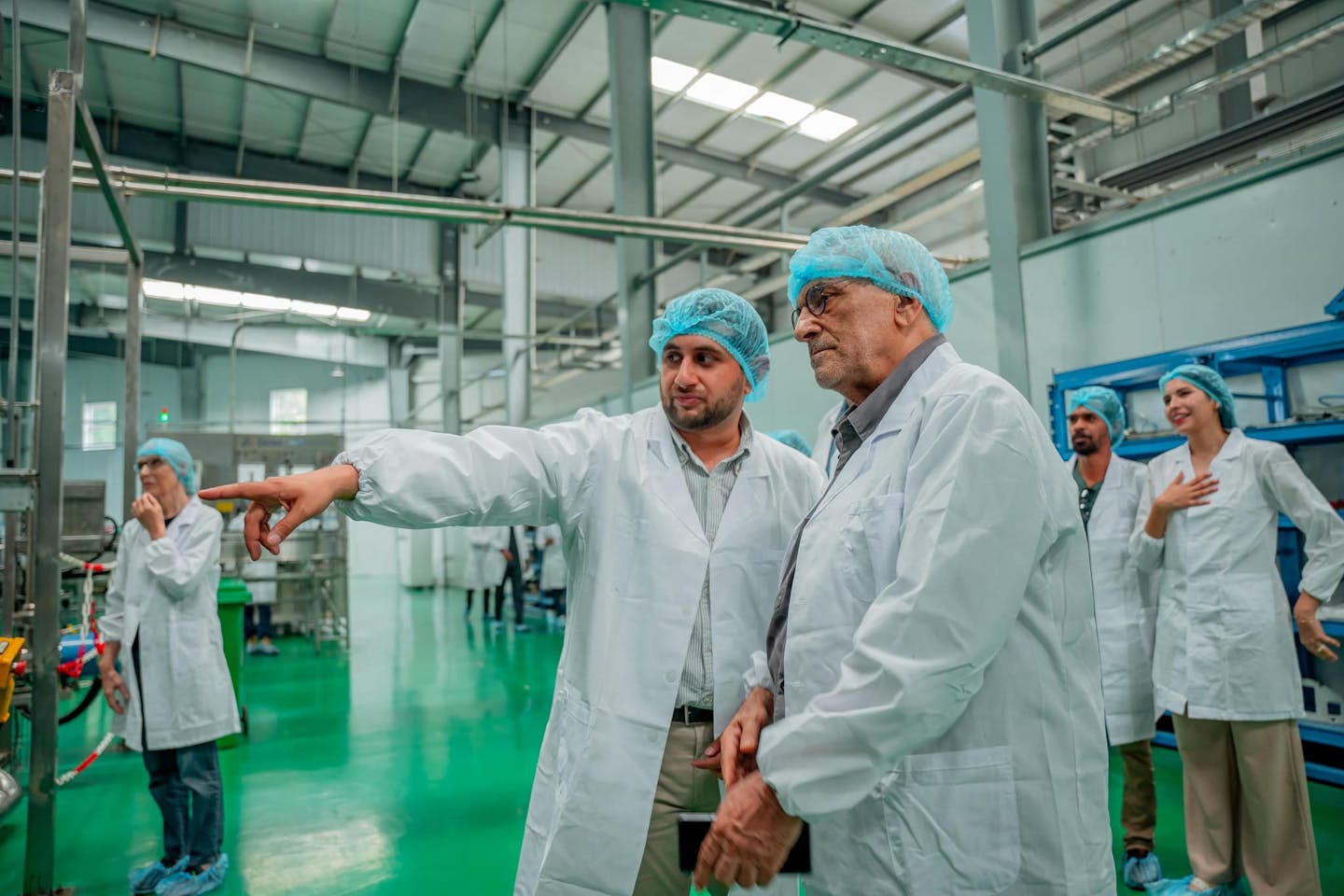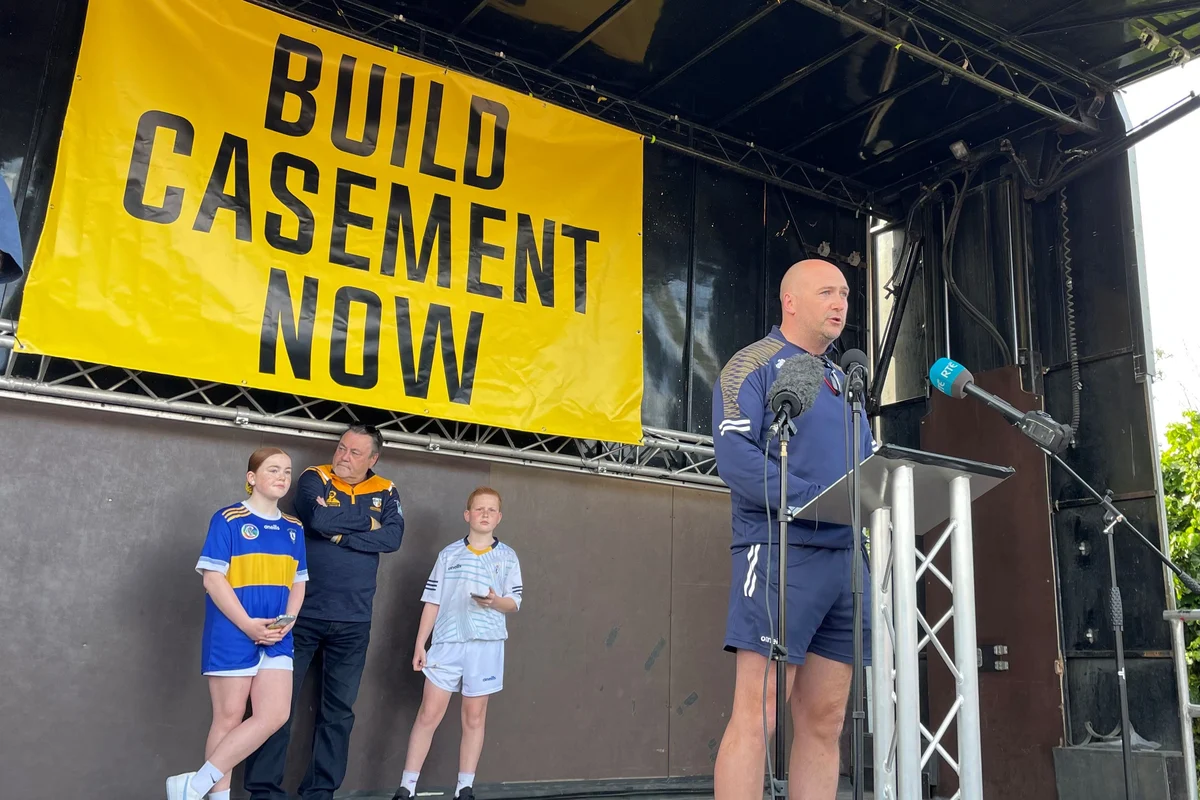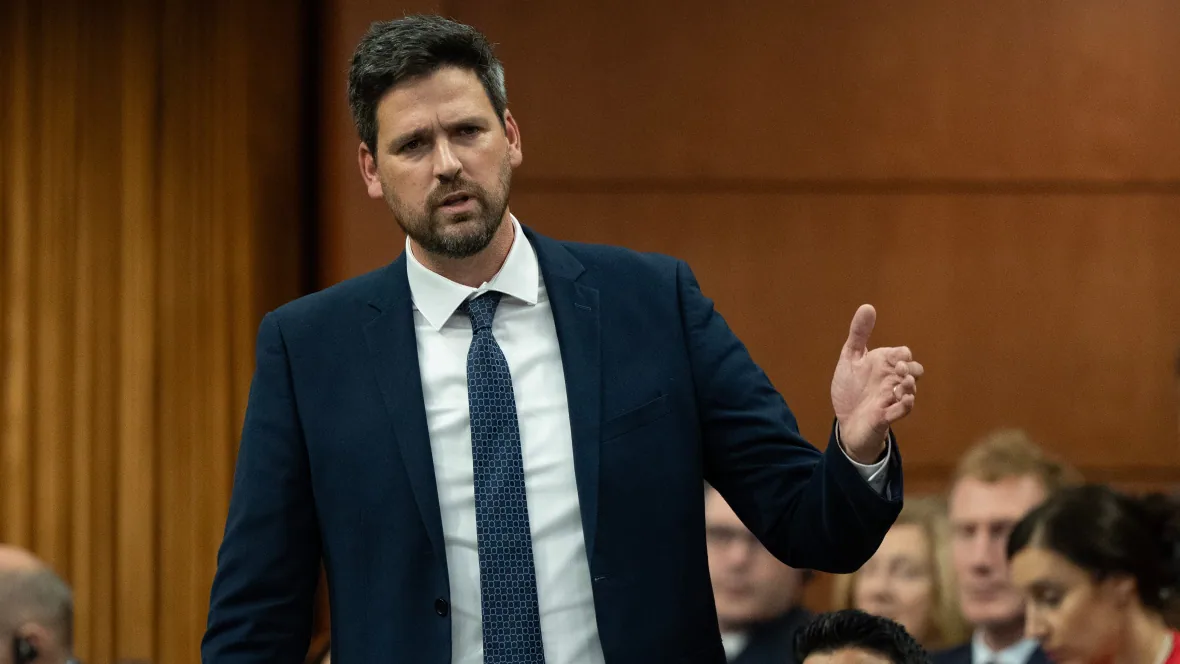By Robin Hicks
Copyright eco-business

Speaking at the Impact Week conference in Singapore on Thursday, José Ramos-Horta, Timor-Leste’s former prime minister and current president, said water scarcity is an issue that requires innovation to tackle, as climate impacts such as the melting of the Himalayan glaciers risks conflict over the resource in large parts of Asia.
“Of all the water that exists in the world, only 1 per cent is accessible to human beings. If we don’t address this, in the next 20 to 50 years, we will be killing each other over water, and we will have ‘water refugees’,” he said.
His comments echo an estimate from the United Nations that by 2050, around 200 million people could be displaced as a result of water scarcity, and come on the same day that the World Meteorological Organization (WMO) warned that the global water cycle has become increasingly erratic and extreme, swinging between deluge and drought.
“People will flee to wherever there is water,” said Ramos-Horta, who called on young professionals to develop careers in fields that focus on water security.
“How can we better capture rainwater? How can we better recycle water? How can we convert sea water into drinking water at lower cost? How can we capture water from clouds? How can we produce more food with less water?” he said, adding that these are problems that require innovation in water security.
While Timor-Leste experiences relatively high rainfall, water scarcity is a problem for one quarter of its population of 1.3 million. Only about one third of the country’s annual rainfall is effectively captured, due to poor infrastructure, rapid run-off and a lack of water storage capacity.
Child nutrition, poverty and protests
The former independence fighter and Nobel Peace Prize laureate appealed to his audience for assistance in tackling child nutrition and extreme poverty in Timor-Leste, where nearly half of children under five suffer from stunting.
“We have made progress in economic development. We could grow at 4 per cent this year. We have limited malaria. But we still face great challenges in child nutrition and extreme poverty,” he said.
“We need ideas, brains and recommendations. We want concrete ideas on how to accelerate the fight against extreme poverty and child nutrition in the country,” said Ramos-Horta.
Timor-Leste’s president also commented on civic demonstrations that have rocked the country’s capital, Dilli, since Tuesday.
An estimated 2,000 people took to the streets in protest against luxury cars and lifetime pensions given to parliamentarians. Timor-Leste is one of the region’s poorest countries, with 40 per cent of its people living below the poverty line, according to the World Bank.
Ramos-Horta praised the “exceptional display of civic attitude” of the mostly student protesters, whom he said cleaned the area around parliament after the demonstrations ended on Thursday and danced with police.
The government scrapped the plan to give lawmakers free cars after the second day of protests. Demonstrators had burned tyres and set a government vehicle alight, and police had responded with tear gas.
Timor-Leste’s protests erupted soon after demonstrations broke out in Nepal and Indonesia over inequality the perceived excesses of lawmakers.



